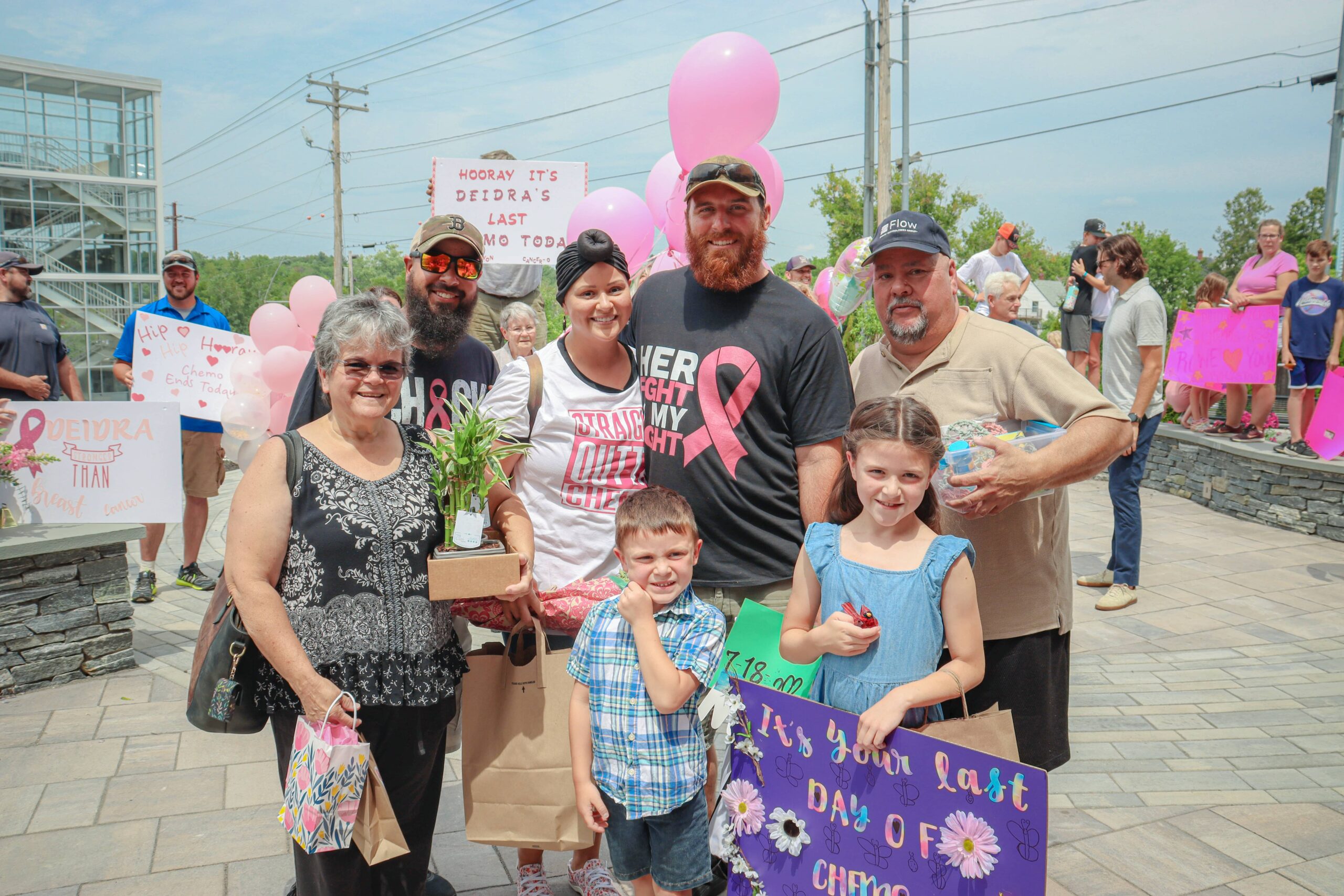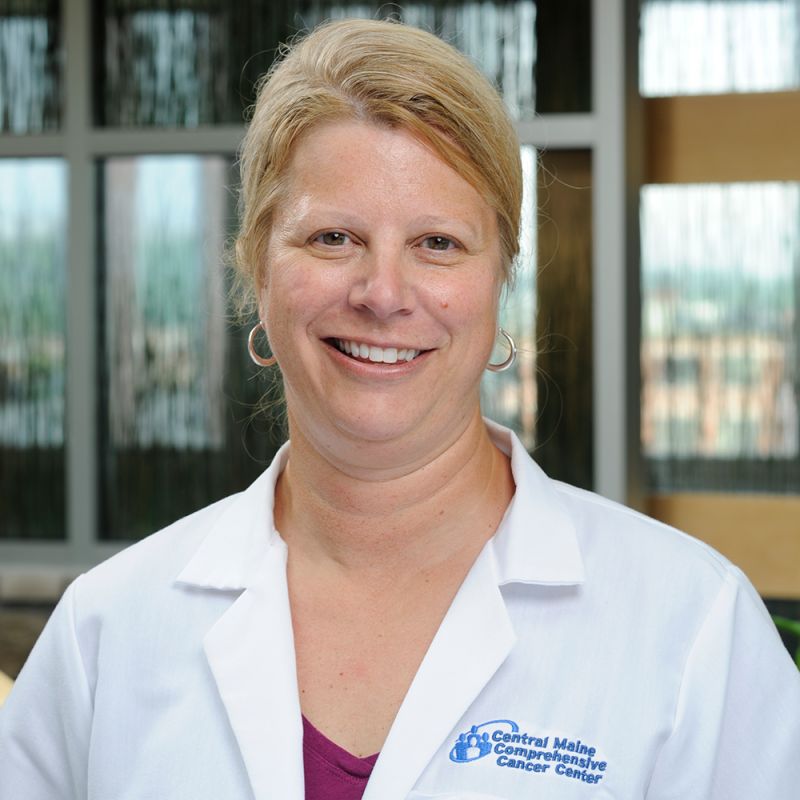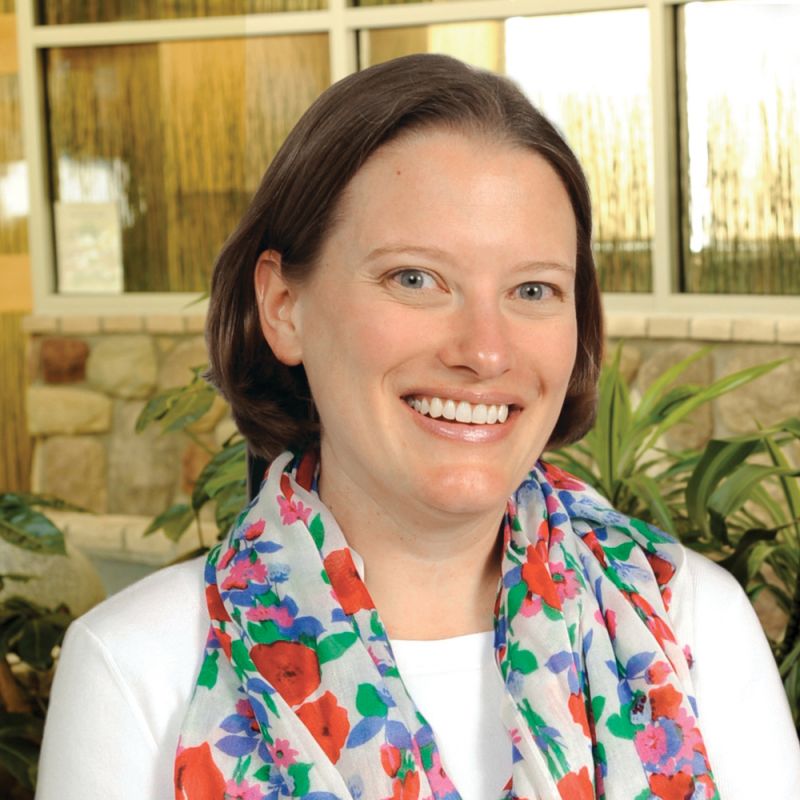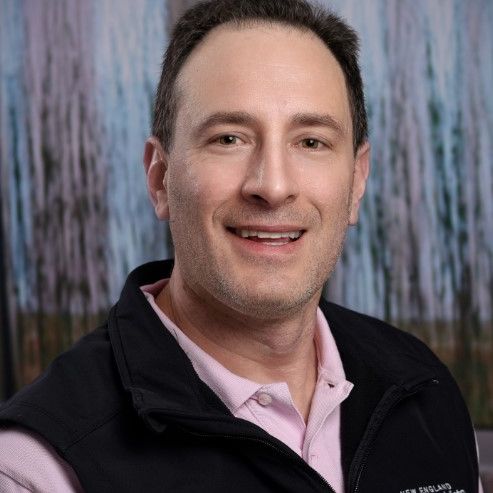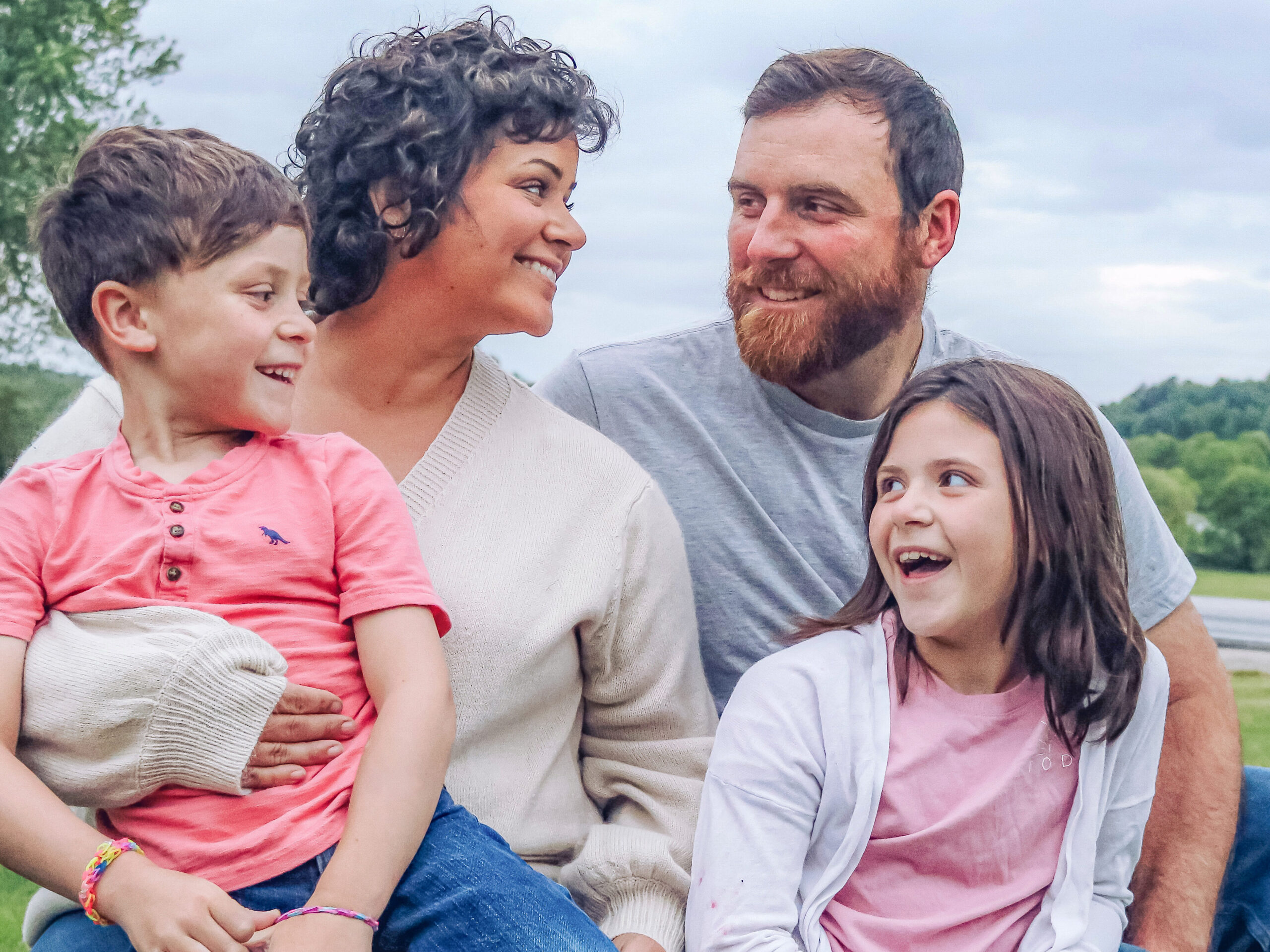Fighting cancer is a big job but with Central Maine Healthcare on your side, you have access to the most effective weapons. Of these is medical therapy, which uses drugs to stop the growth of cancer cells, often together with surgery and/or radiation therapy.
Full Range of Cancer-Fighting Treatments
We offer the latest medications, which maximize the effectiveness of treatment while minimizing the unpleasant side effects. Our board-certified medical oncologists and specially certified nurses will work closely with you and your cancer care team to carefully plan and monitor each treatment. Throughout every phase of care, we’ll also be right by your side to help you feel well and maintain as much as your normal routine as possible.
Depending on your unique needs, your medical therapy plan may include one or a combination of:
- Chemotherapy: Used to kill cancer cells with medicines delivered in varied cycles through either an injection or a pill. It may be used to shrink a tumor before surgery, to kill cancer cells that remain in the body after surgery or radiation or to treat tumors that have developed in other areas. It can also help alleviate cancer-related symptoms.
- Immunotherapy: Uses the body’s natural defense system to fight cancer cells. Immunotherapy drugs work by making hidden cancer calls visible to the immune system, allowing white blood cells to fight and kill the cancer.
- Targeted therapy: Helps stop cancer from growing and spreading by targeting specific genes or proteins found in cancer cells or blood vessel cells.
- Hormone therapy: Slows or stops the growth of cancer cells that uses hormones to grow, usually in breast and prostate cancers.
Cancer Care Excellence in Central Maine
Central Maine Comprehensive Cancer Center provides medical therapy through Hematology-Oncology Associates practice, which has offices in Lewiston, Bridgton, Rumford and Brunswick.
The practice is certified with the American Society of Clinical Oncologists (ASCO) Quality Oncology Practice Initiative (QOPI)™.
Comfort and Compassionate Care
You’ll receive intravenous medical therapy at our state-of-the art infusion center at Hematology-Oncology Associates in Lewiston. The center is designed for healing and comfort, an open space with bright windows and plenty of sunlight.
Support through Treatment and Beyond
We offer a full range of cancer support services to help deal with any and all treatment challenges. That includes one-on-one counseling with a registered dietitian to ensure good nutrition and manage any nausea or changes in appetite. We also have a chaplain for spiritual care, ongoing support groups and much more.

